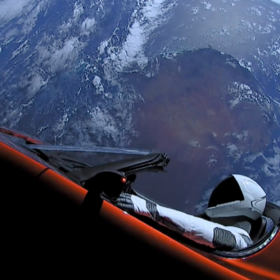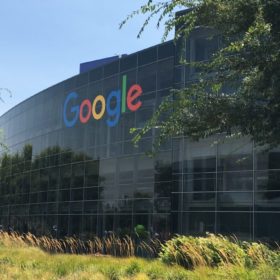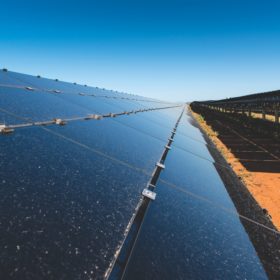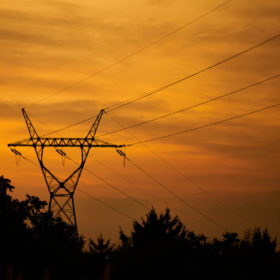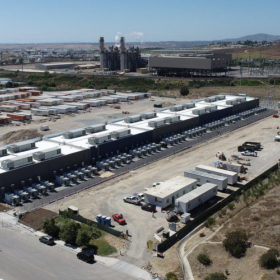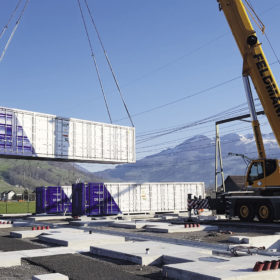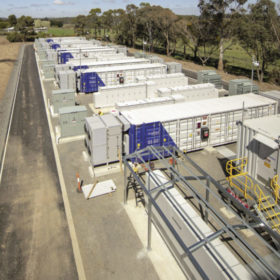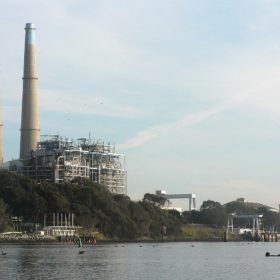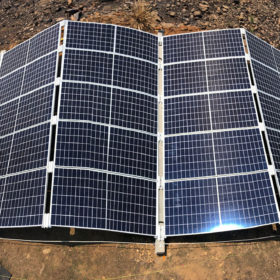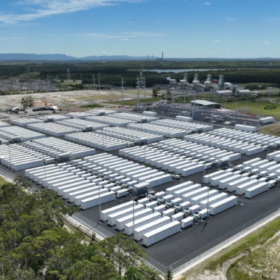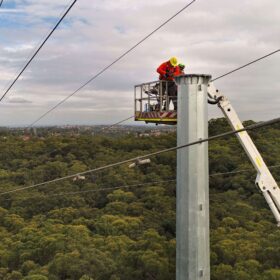Tesla battery day bingo
Tesla battery day is next week. Earlier this year, Elon Musk told analysts that what he had to say “will blow your mind. It blows my mind.” Here’s a list of battery hyperbole and terms you’re bound to hear at the event.
Google to create easier renewable power purchase pathways
The tech giant has eliminated its entire carbon legacy and is moving toward running entirely on renewables, 24/7. More importantly, it’s looking to create pathways for other renewable purchasers to follow in its wake.
First Solar changes course: now selling its thin-film solar panels into the distributed generation market
The utility-scale solar pioneer and specialist is going small. After decades of avoiding distributed generation, its distributors will now offer First Solar’s series 6 modules to “projects and customers of all shapes and sizes.”
NREL scientists encourage ‘optimal’ PV curtailment
Solar curtailment might become a valuable aspect of future PV deployment, particularly if grid operators start focusing on ‘curtailment management’ instead of ‘curtailment prevention.’ Management would include measures such as flexible generation, storage, load flexibility, and regional coordination.
World’s largest battery storage system now operational
It’s a title that is becoming more contentious by the day, but for the time being, LS Power’s 250 MW Gateway project in San Diego, California, is the biggest storage battery in the world.
Energy storage investment to approach $10bn in 2025
Analyst IHS Markit has predicted storage will rebound this year following its first year-on-year decline in 2019. The technology is being rolled out at pace despite Covid-19 with state-level policies set to keep the US the global capital for the next five years.
“Capacity deferral is the primary source of storage value”
Big batteries derive most their value from replacing gas peaker plants and averting the installation of excessive amounts of transmission and generation infrastructure. However, batteries cannot replace all gas plants, MIT researchers found. From a holistic economics perspective, there is a certain share of storage that is considered cost-efficient. With battery costs declining, that share is constantly increasing.
Plan to deploy 1,500 MW/6,000 MWh storage project gets approval in the US
A permit to expand Vistra’s natural gas-fired Moss Landing generation station to 1,500 MW/6,000 MWh has been approved, setting the stage for the world to see gigawatt-scale battery energy storage for the first time ever.
Enphase Q2 micro-inverter revenue falls despite demand ‘rebound’
Coming off a strong, profitable first quarter, Enphase sees the second-quarter results of Covid-19 in compressed revenue and a swing to a loss. Gross margins remain strong.
U.S. utility giant invests in 5B to accelerate use of solar energy
AES, one of the world’s largest power companies, has made a strategic investment in Sydney-based pre-fabricated solar array manufacturer 5B to meet the growing needs of its customers for solar.
